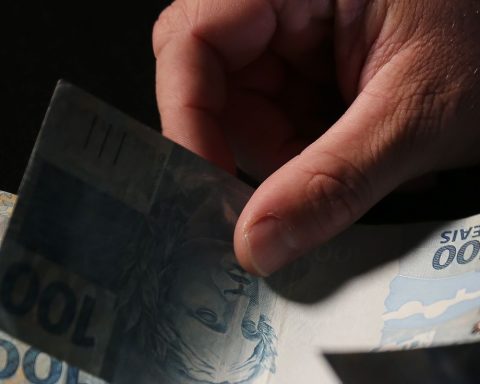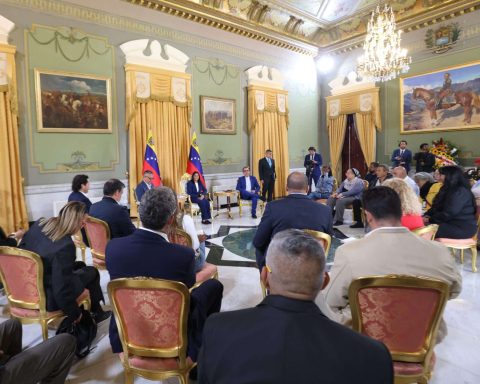The contract and the amendments necessary for the definitive adhesion of the state of Rio de Janeiro to the Fiscal Recovery Regime (RRF) were signed, through digital means, by the state government and the Union, represented by Governor Cláudio Castro, by the Attorney General’s Office of National Treasury (PGFN) and Bradesco and Brazil banks.
According to the state government, the formalization “will allow the balance of public accounts over the next nine years, making the state stronger and with investment capacity”.
In the government’s assessment, Rio’s entry into the regime will bring even more predictability to the payment of salaries for civil servants and suppliers. For the governor, the result comes after two years of hard work to complete the agreement.
“Today, we can finally say that the State of Rio de Janeiro has entered the Tax Recovery Regime. It is great news that should be celebrated. The formalization of the agreement is the certainty of a strong state, with legal security and with the capacity for more investments”, said Castro.
National treasure
As provided for in the Tax Recovery Regime, until December of this year, Rio de Janeiro will pay the National Treasury, starting in August, approximately R$ 300 million per month. The amount corresponds to the debt installments of R$ 148.1 billion that the state has with the Union.
The RRF determines that the installments will increase gradually until the end of the agreement, in 2031. “By the end of this year, the state intends to pay R$ 1.6 billion of the debt amount”, informed the governor.
If the agreement had not been signed yesterday, the State of Rio would withdraw from the regime and would be obliged to immediately pay R$ 42.8 billion, referring to the total accumulated debt service including amortization and interest that the Union honored in lieu of the Rio de Janeiro since September 2017, plus the loan made at the time by the bank BNP Paribas, which had the shares of Companhia Estadual de Águas e Esgotos do Rio de Janeiro (Cedae) as counter-guarantee.
The Rio Fiscal Recovery Plan does not prevent public tenders from being held, provided that the mechanisms of financial compensation for the increase in expenses are provided for in the approved document or that the mechanisms of financial compensation for the increase in expenses are previously presented to the Supervisory Board, which may be through the reduction of other expenses. or by increasing revenue.
toffoli
To complete the signature yesterday, the Minister of the Federal Supreme Court (STF), Dias Toffoli, determined that the federal government withdraw the requirement that Rio submit – until yesterday – the certificates related to the regularity with the social security system for the effective entry of the state in the Tax Recovery Regime.
Despite the signature, there are still pending issues. In the decision signed on Wednesday (29), Toffoli gave the deadline until August 15 for Rio to regularize the required social security certificates.
The date was determined by the minister in response to a petition from the State Attorney General’s Office (PGE), which asked the Court to order the Union to sign the agreement and amendments within the stipulated period of June 30, without the conditions for the presentation of the certificates imposed for the regularization of documents.
In the petition, PGE argued that there would not be enough time to meet the requirement to send the 110 social security certificates, relating to state bodies, which was accepted by the STF minister.
















